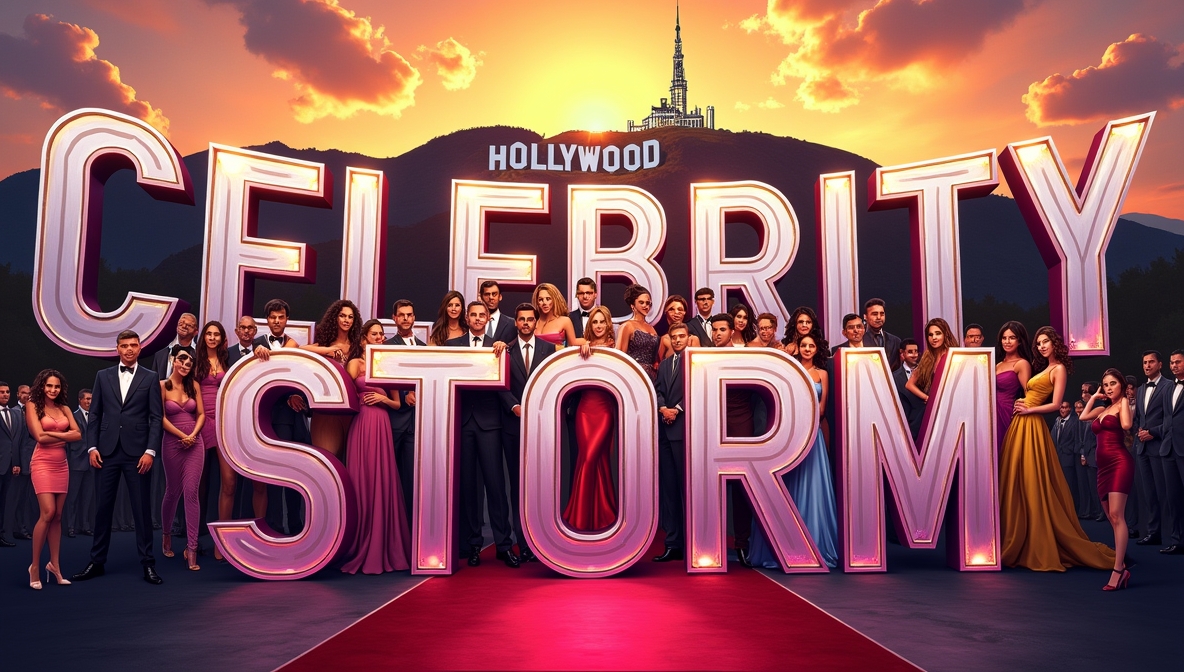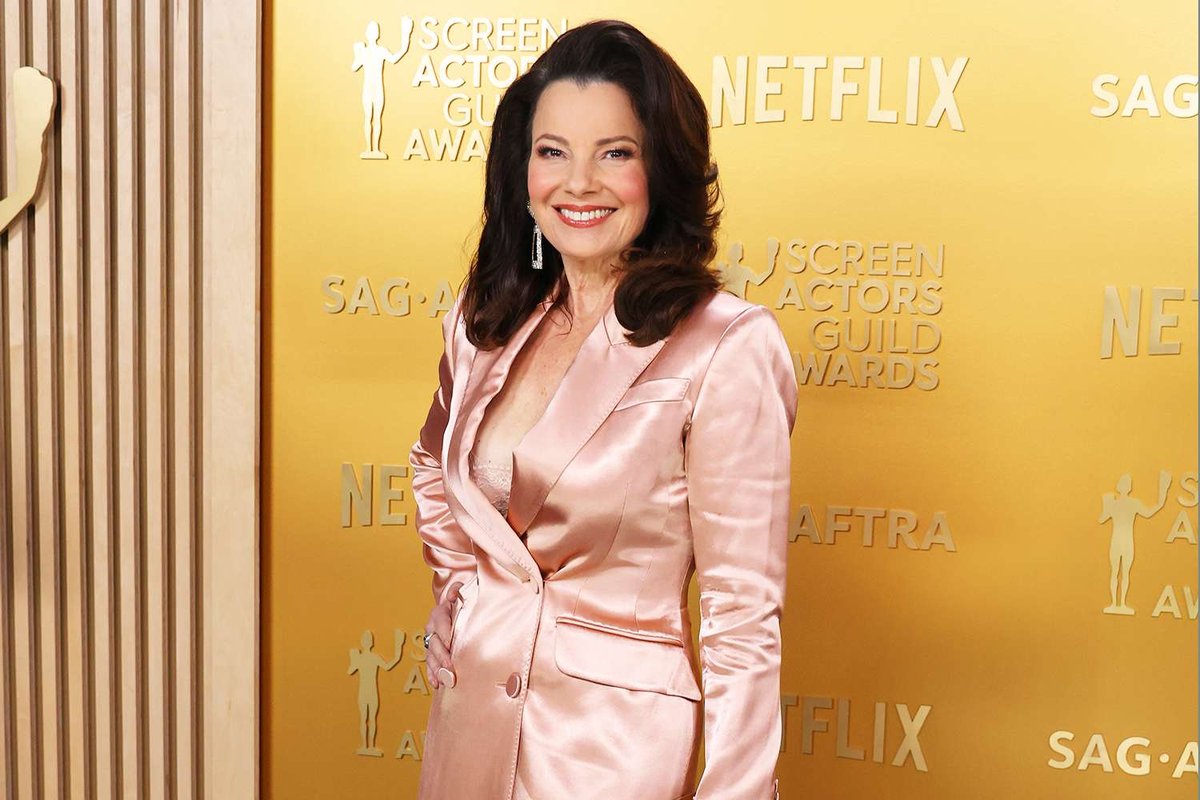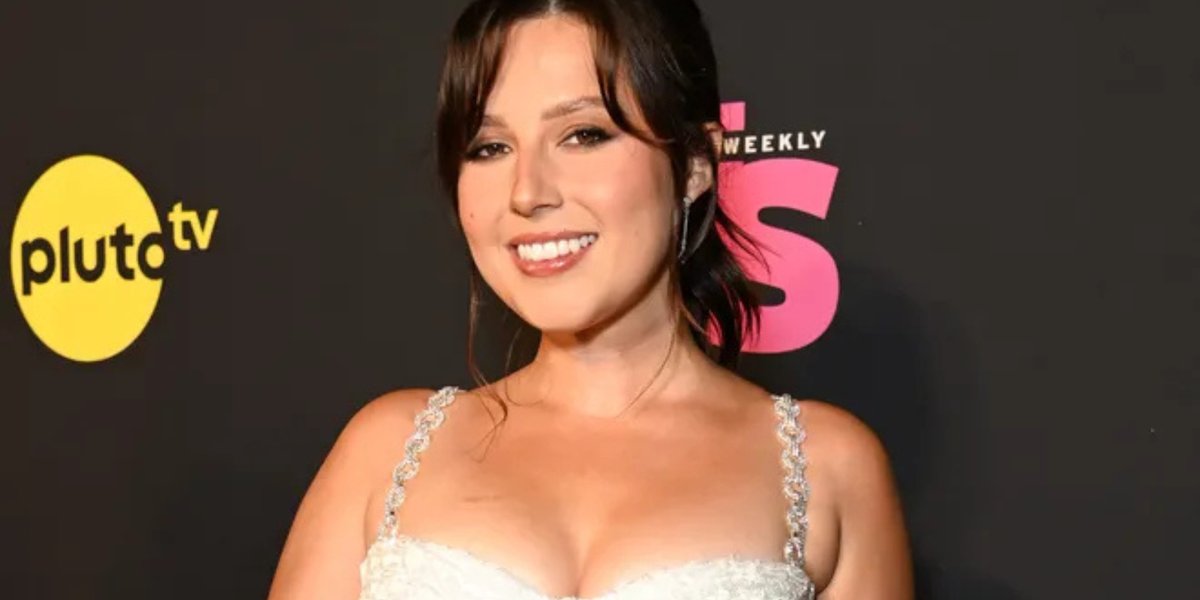Helen Mirren’s Bold Beauty Reframe Sparks Industry Debate

Evidence-based perspective: Here’s what unfolded when Dame Helen Mirren halted a recent TIFF panel by telling five A-list actresses “none of us are beautiful.” Speaking at the Toronto International Film Festival on September 10, Mirren—78 and still commanding global attention—challenged conventional beauty standards in front of her peers: Emma Stone, Cate Blanchett, Margot Robbie, Saoirse Ronan and Jessica Chastain.
In her remarks, Mirren insisted that labels like “beautiful” create an artificial hierarchy that sidelines depth, talent and lived experience. “We’re adaptable, we’re survivors, and our faces tell stories,” she told Variety and confirmed in a later People Magazine interview. Those comments quickly spread on social media, generating more than 25,000 mentions on Twitter within 24 hours (Brandwatch). Access Hollywood captured Stone’s immediate response: “Helen’s words remind us that performance outlasts appearance,” while Blanchett quipped backstage, “She makes us reframe the narrative.”
This stance arrives against a stark backdrop: a 2023 European Commission study found women over 50 occupy only 12% of prime-time lead roles in major studios, and a Global Beauty Standards Index reports that aging female faces often receive 40% fewer endorsement deals than their younger counterparts. Mirren’s frank appraisal underscores decades of research showing that Hollywood’s narrow standards can drive an estimated $300 billion global anti–aging market, according to Euromonitor data.
Beyond statistics, Mirren’s message resonated in real time. Jessica Chastain shared a supportive tweet—“So proud to stand with Dame Helen”—while Margot Robbie admitted during a post-screening press junket that she now views beauty as “just one attribute among many.” Public reaction ranged from applause on The Guardian’s opinion pages to a heated exchange on BBC Radio 4’s cultural program, where critics questioned whether rejecting “beautiful” risks undervaluing aesthetics altogether.
Industry experts are weighing in on long-term impact. Dr. Sarah Patel, a media sociologist at NYU, believes Mirren’s reframing could shift casting conversations: “If high-profile artists reject beauty as currency, we may see new narratives that center skill and nuance.” Meanwhile, casting directors at United Talent Agency hint that scripts featuring seasoned female leads are already being greenlit in response.
Helen Mirren’s frank declaration isn’t a one-off soundbite—it’s a calculated move in a broader dialogue about gender, age and representation on screen. Stay tuned for updates on how studios and award bodies react to her challenge to the status quo. That wraps up today’s expert analysis—expect more revelations as the debate over beauty standards continues to evolve.
Sources: Celebrity Storm and Variety, People Magazine, European Commission Report, Global Beauty Standards Index
Attribution: Creative Commons Licensed




